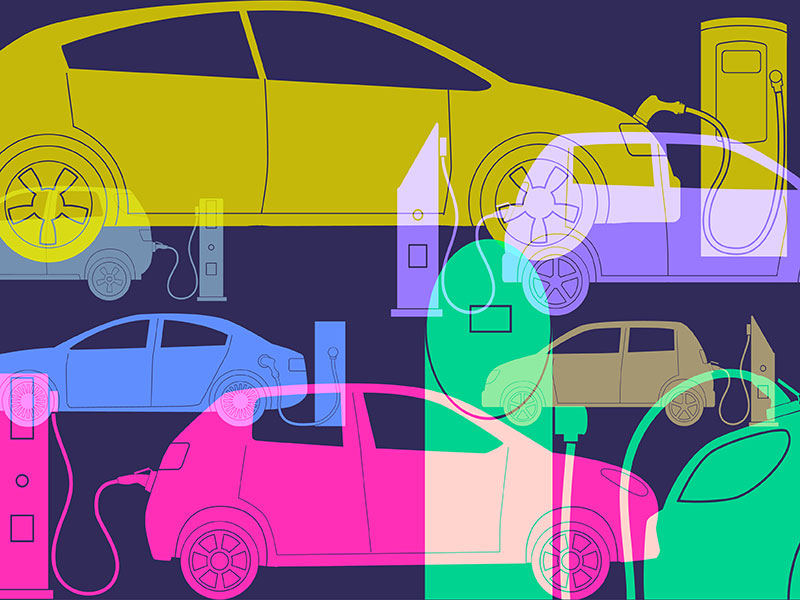Innolith’s “breakthrough” electric vehicle battery could increase range to 600 miles
Swiss start-up Innolith believes its new electric vehicle battery will go some way to easing consumers’ range anxiety, allowing cars to travel more than 600 miles on a single charge

A 2018 global survey by Deloitte found that driving range, alongside cost, a lack of charging infrastructure and charging time, continues to be one of the top four issues consumers have with electric vehicles
Innolith, an energy technology start-up based in Switzerland, claims to have made the world’s first rechargeable battery capable of powering an electric vehicle (EV) for more than 600 miles on a single charge.
On April 4, the firm announced that its high-density, lithium-ion batteries would be safer and cheaper than existing EV batteries, while also allowing drivers to travel further between charges. At a density of 1,000 watt-hours per kilogram (Wh/kg), Innolith’s battery would far exceed the capabilities of the Panasonic-made batteries used in the Tesla Model 3, which The Verge reports are an estimated 250Wh/kg. Currently, certain Tesla models can achieve a range of up to 330 miles per charge.
After an initial pilot production period in Germany, Innolith said it would look to sign partnerships with major battery and automotive companies. In three to five years, the company said its battery would be on the market.
At a density of 1,000 watt-hours per kilogram, Innolith’s battery would far exceed the capabilities of the Panasonic-made batteries used in the Tesla Model 3
“The EV revolution is currently stymied by the limitations of available batteries,” said Innolith CEO Sergey Buchin in a statement. “Consumers want an adequate range on a single charge in an affordable EV, and confidence that it is not going to catch fire. The Innolith Energy Battery is the breakthrough technology that potentially can meet all these needs.”
Although EVs are becoming increasingly popular among consumers – Bloomberg New Energy Finance predicts they will make up more than half of all new car sales by 2040 – range anxiety is still a major concern for those considering making the switch. A 2018 global survey by Deloitte found that driving range, alongside cost, a lack of EV charging infrastructure and charging time, continues to be one of the top four issues consumers have with EVs.
According to a report by Bloomberg, low-density batteries are also holding back the development of high-speed chargers at a time when more carmakers – including Volkswagen, Tesla and Ford – are seeking to enter the market.
Although Innolith’s claims about its groundbreaking battery will have to be verified and it won’t hit the market until 2022 at the earliest, a safer battery with a drastically improved driving range could prove a major turning point for the EV industry.













